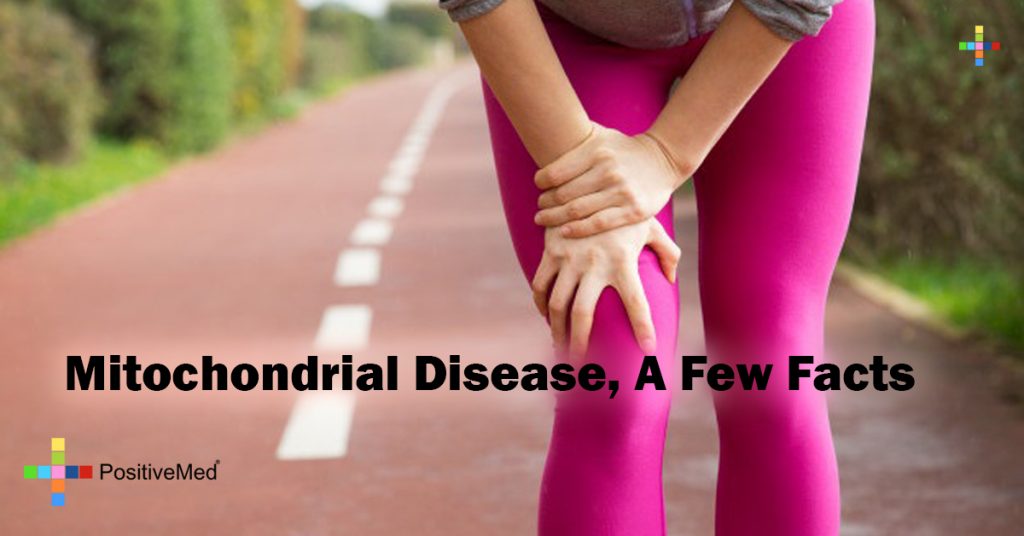
Mitochondrial Disease is rare, and therefore not as well known, as many other diseases. Mitochondria are the tiny inner parts of almost every cell in your body, they are kind of the cell muscle, which turns sugar and oxygen into energy for proper functioning. With mitochondrial disease, or disorder, the cells, for some reason, do not function correctly.

This disorder can affect different parts of the body, one, two, or several. The most common areas to be affected are the brain, heart, kidneys, muscles, eyes, ears, and others. The disorder can be mild or severe, some people have no symptoms, while others have many. This disease most commonly occurs in younger children, and symptoms start to show during toddler years.
Symptoms include muscle weakness or exercise intolerance, seizures, dementia, movement disorders, vomiting, limited eye mobility, stroke-like episodes, deafness, blindness, and droopy eyelids. Nausea, headaches, and shortness of breath are also common. Prognosis varies in severity from progressive weakness to death.
Treatment options are as varied as the symptoms, as there is no specific treatment for the disorder itself. Physical therapy helps to maintain movement and improve dexterity. Some success has been shown with Coenzyme Q, riboflavin, and carnitine. Things to avoid include fasting and environmental toxins, including MSG, cigarette smoke, and alcohol. Avoiding stress is also crucial.

Dietary factors vary according to symptoms, an individual needs to see what works for them. Because this is a metabolic disorder many people do well with several small meals throughout the day including a bedtime snack.
Research continues to be done for this disease, there is no link between vaccines and mitochondrial disease, and a person can regress, physically, after onset of symptoms. Onset has typically been in children, but adult onset is becoming more common. If you see any of these symptoms in your child, or yourself, please see your healthcare professional.
Sources: http://www.cdc.gov/ncbddd/autism/mitochondrial-faq.html
http://www.medicinenet.com/mitochondrial_disease/article.htm
http://www.umdf.org/site/c.8qKOJ0MvF7LUG/b.7934635/k.6546/Treatments__Therapies.htm





